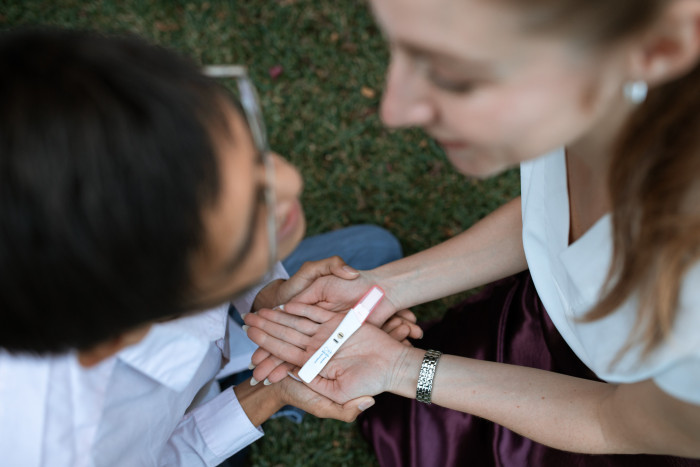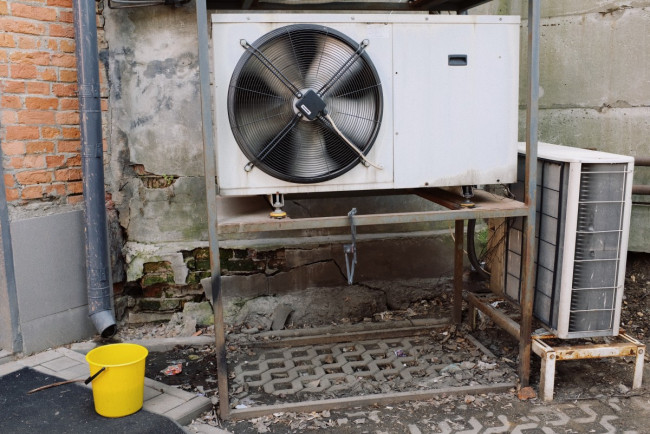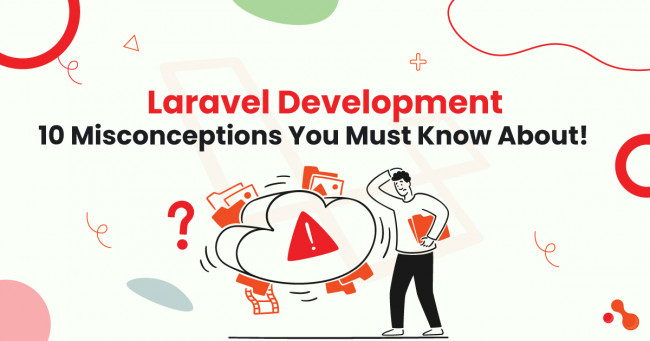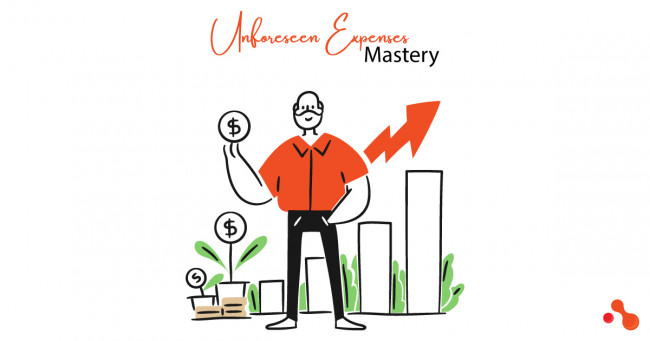As women age, their fertility declines, and this can be a significant factor for those who are trying to conceive. While many women are aware that their age can affect their chances of getting pregnant, the specifics of how age impacts fertility can be less clear.
As women age, the number and quality of their eggs decrease. This can make it more difficult to conceive, and can also increase the risk of miscarriage and birth defects. The age at which fertility starts to decline can vary from woman to woman, but generally, it begins in the late 20s or early 30s and becomes more pronounced after age 35.
Understanding the impact of age on fertility can be crucial for women who are planning to have children. It can help them make informed decisions about when to start trying to conceive, and can also help them understand the potential risks and challenges they may face as they get older.
The Basics of Women Fertility
Women's fertility is a complex process that is influenced by various factors. Understanding the basics of fertility can help women make informed decisions about their reproductive health. This section provides an overview of the key factors that affect women's fertility.
Ovarian Reserve
The ovarian reserve refers to the number and quality of eggs that a woman has in her ovaries. Women are born with a finite number of eggs, and this number declines as they age. A woman's ovarian reserve is at its peak in her early 20s and starts to decline in her late 20s. By the age of 35, the decline becomes more rapid, and by the age of 40, the decline is significant. This decline in ovarian reserve can affect a woman's ability to conceive.
Menstrual Cycle

The menstrual cycle is a complex process that involves the release of an egg from the ovaries and the preparation of the uterus for pregnancy. The menstrual cycle is controlled by hormones, and any disruption in hormone levels can affect fertility. Women who have irregular menstrual cycles may have difficulty conceiving.
Other factors that can affect women's fertility include medical conditions, such as polycystic ovary syndrome (PCOS) and endometriosis, lifestyle factors, such as smoking and excessive alcohol consumption, and environmental factors, such as exposure to toxins.
It is important for women to understand the basics of fertility and to take steps to optimize their reproductive health. This may include seeking medical advice, making lifestyle changes, and considering fertility treatments.
Age and Women Fertility
How Age Affects Fertility
Age is a crucial factor that affects a woman's fertility. Women are born with a finite number of eggs, and the quantity and quality of those eggs decline as they age. As women age, their ovaries release fewer and poorer quality eggs, making it harder for them to conceive.
The chances of getting pregnant naturally decrease as women approach their mid-30s and decline even more rapidly after the age of 40. Women who try to conceive after the age of 35 are considered to have advanced maternal age, and their chances of getting pregnant naturally are significantly reduced.
Fertility Decline with Age
As women age, their fertility declines due to a variety of factors, including a decrease in the number and quality of eggs, hormonal changes, and an increased risk of medical conditions that can affect fertility.
According to research, a woman's fertility starts to decline in her late 20s and early 30s, with a more significant decline after the age of 35. By the age of 40, a woman's chance of getting pregnant naturally is less than 5% per cycle.
Age also affects the success rates of fertility treatments such as in vitro fertilization (IVF). Women over the age of 35 are less likely to get pregnant with IVF than younger women, and their risk of miscarriage is higher.
It is essential for women to be aware of the impact of age on their fertility and to consider their options if they plan to have children later in life.
Factors Affecting Fertility
There are various factors that can affect a woman's fertility. These factors can be broadly divided into two categories: lifestyle factors and medical factors.
Lifestyle Factors
Lifestyle factors can have a significant impact on a woman's fertility. Some of the key lifestyle factors that can affect fertility include:
Age: As a woman gets older, her fertility declines. This is because the number and quality of her eggs decrease over time.
Smoking: Smoking can damage the reproductive system and reduce fertility.
Alcohol consumption: Heavy alcohol consumption can reduce fertility in both men and women.
Body weight: Being overweight or underweight can affect fertility by disrupting hormonal balance.
Stress: High levels of stress can interfere with ovulation and reduce fertility.
Medical Factors
There are also several medical factors that can affect a woman's fertility. These include:
Polycystic ovary syndrome (PCOS): PCOS is a hormonal disorder that can interfere with ovulation and reduce fertility.
Endometriosis: Endometriosis is a condition where the tissue that normally lines the inside of the uterus grows outside of it. This can cause scarring and inflammation that can affect fertility.
Sexually transmitted infections (STIs): STIs can cause scarring and damage to the reproductive system, which can affect fertility.
Uterine or ovarian abnormalities: Abnormalities in the uterus or ovaries can affect fertility by interfering with ovulation or implantation of a fertilized egg.
Chemotherapy and radiation therapy: These treatments can damage the reproductive system and reduce fertility.
It is important to note that while these factors can affect fertility, they do not necessarily mean that a woman will be unable to conceive. Many women with these risk factors are still able to have children with the help of fertility treatments or other interventions.
Fertility Preservation
As women age, the quality and quantity of their eggs decrease, which can make it more difficult to conceive. Fertility preservation is a process that allows women to freeze their eggs, embryos, or ovarian tissue for future use. This can be a viable option for women who want to delay childbearing or who are facing medical treatments that may affect their fertility.
Egg Freezing
Egg freezing is a process where a woman's eggs are extracted and frozen for later use. This is typically done through a process called ovarian stimulation, where a woman takes hormones to stimulate the ovaries to produce multiple eggs. The eggs are then retrieved through a minimally invasive procedure and frozen for later use. When a woman is ready to use her frozen eggs, they are thawed and fertilized with sperm through in vitro fertilization (IVF).
Egg freezing can be a good option for women who want to preserve their fertility but are not ready to have children. It can also be a good option for women who are facing medical treatments that may affect their fertility, such as chemotherapy or radiation therapy.
Other Options
In addition to egg freezing, there are other options for fertility preservation, such as embryo freezing and ovarian tissue freezing. Embryo freezing involves fertilizing the eggs with sperm to create embryos, which are then frozen for later use. Ovarian tissue freezing involves removing and freezing a piece of a woman's ovary, which contains immature eggs that can be used later.
It's important to note that fertility preservation is not a guarantee of future pregnancy, but it can increase the chances of success. It's also important to discuss the risks and benefits of fertility preservation with a doctor, as well as the costs and success rates.
Conclusion
Based on the research and analysis presented in this article, it can be concluded that age has a significant impact on women's fertility. As women age, their fertility decreases due to a variety of factors, including a decline in the quantity and quality of their eggs.
While there are medical interventions available to help women conceive later in life, such as in vitro fertilization and egg freezing, these options can be expensive and do not guarantee success. Therefore, it is important for women who wish to have children to consider starting a family earlier in life if possible.
It is also important for women to be aware of the risks associated with delaying pregnancy, including an increased risk of pregnancy complications and birth defects. Women who are considering delaying pregnancy should consult with their healthcare provider to discuss their individual risks and options.
Overall, this article highlights the importance of understanding the impact of age on women's fertility and making informed decisions about family planning. By taking steps to preserve their fertility and plan for the future, women can increase their chances of having a healthy and successful pregnancy.
















